| Would you want to read a novel set on Peterborough Railway Station? If you don’t live in England, you might not have even heard of Peterborough but, for me, having spent a bit of time hanging around that particular station, it was a pleasant surprise to pick up this book and find it located there. Even so, it doesn’t have the charm of London St Pancras with the drop-in piano sessions or the glamour of New York’s Grand Central. So it takes a skilled writer to render that ordinary setting intriguing and Louise Doughty is certainly that. |
Welcome
I started this blog in 2013 to share my reflections on reading, writing and psychology, along with my journey to become a published novelist. I soon graduated to about twenty book reviews a month and a weekly 99-word story. Ten years later, I've transferred my writing / publication updates to my new website but will continue here with occasional reviews and flash fiction pieces, and maybe the odd personal post.
|
6 Comments
Here are two moving recent reads about families confronting a life-changing decision by one of their members and the changes they must make to accommodate this. The first is a trans novel published in 2015 which I’ve only just discovered; the second is a story I loved when I first read it on its publication in 2002.
I’ve now collected over ninety fictional therapists, but I’ve always got room for a couple more. In the first of my reviews, the therapist is a relatively minor character in a recently published psychological thriller. In the second, she is one of two main characters in a novel published in the 1980s that purports to be about therapy. Hopefully, forty years on, she’s no longer practising. Let me know whether you agree.
I’m sharing my thoughts on two historical novels I’ve read recently, both featuring young women struggling to survive against the odds. The first is set in England in the 1660s, the second in Italy a century earlier.
October is Black History Month in Europe and the focus this year is on women. So I’m pleased to share my reviews of recent reads of novels by talented Black women writers which illuminate the lives of Black women in mid nineteenth century America. The first interweaves the narrative of another atrocity in which Britain was complicit: the Irish famine. The second shows how far women will go to salvage some control of their fertility.
August is women in translation month, a time when readers prioritise books by women in translation – yes, it does what it says on the tin! – and I share the qualifying books I’ve read over the last twelve months. This year’s dozen represents nine languages (two up from last year) – Bosnian, Catalan, Danish, French, German, Hungarian, Icelandic, Portuguese, Spanish – and six publishers (Bloomsbury, Charco Press, Europa editions x3, Maclehose Press x 2, Peirene Press x 3, Quercus). Here I share one new review, summaries and links to reviews I’ve published over the last twelve months, plus mentions of three I didn’t get round to reviewing.
Two novels about a difficult patch in a long marriage, complicated by difficult relationships with the couples’ offspring. The first is the best book I’ve read so far this year. The second, by a more famous author, doesn’t come anywhere near.
Two translated novels, both with a contemporary and historical element, which address the female struggle for autonomy and self-expression in a misogynistic and racist world.
Let me tell you about these two novels about women’s lives in terrain under occupation by external powers. The first is a historical novel about the struggle for personal and political freedom in 20th-century Greece. The second is a futuristic dystopia about how, in the climate crisis, the wealthy lay claim to the coolest lands.
Woman Power: Daisy Jones and the Six; The Birdcage; The Witches of Vardø; Amazing Grace Adams14/2/2023
I think there is a deep-seated fear and resentment of female power even in situations where we don’t have much of it, so I make no apologies for grouping these novels that touch on the theme from vastly different angles. The first is a historical novel about misogyny manifest in a fantasy of witchcraft. In the second, three half-sisters are haunted by the harm done when they tried to claim their power in adolescence. In the third, a seemingly powerless and self-loathing woman takes a tortured journey through her city and her mistakes. The final novel contemplates the relative power of the singer with a rock band versus the homemaker wife who stands by her man.
I’ve recently read two very different novels in which traumatised mothers suffer a second blow in being distanced from both their children, albeit the separation is for very good reasons. The first is a translation set against the backdrop of the Rwandan genocide. The tragedy in the second is less widespread, restricted to one particular family, but nevertheless extremely painful for those concerned. Read on to discover how these books are about so much more.
My final two reviews of 2022 are tenuously linked by being set in closed communities in which unempathic people hold vulnerable creatures in their power. I refer to creatures less because the staff of the nightmare care home in the first novel don’t seem to regard their charges as human and more because the inmates of the second – where the compassion of the lowliest employee almost compensates for the attitude of her senior colleagues – are dolphins.
Black, Queer and marginalised: Didn’t Nobody Give a Shit What Happened to Carlotta & Crosshairs12/12/2022 Two novels about the shit that can happen when you’re Black and gender nonconforming that also acknowledge the joy of living true to oneself.
These two recent reads are about challenging women’s traditional roles as homemakers in the mid twentieth century. The first focuses on the barriers facing a woman seeking a career in science in early 1960s America. The second follows the fortunes of three sisters and their mother as the times change in 1970s France.
I was unsure how – or whether – I’d connect these two recent reads until I was pondering my response to this week’s flash fiction challenge. Although very different stories, both address how difficult it can be to find an escape route from repeating patterns of self-destructive behaviour. In the first, a woman approaching middle age faces up to her tendency to fall into abusive relationships. In the second, a young man admitted to a psychiatric ward wonders if his own future is written on the faces of his fellow patients, stuck in a cycle of relapse and remission. The wheels keep turning – will they manage to jump off?
Here are two novels in which issues of female disempowerment are explored within a murder narrative. The first is a modern classic, translated from Arabic, set in a culture where women have no custody over their own bodies. The second is a contemporary Irish crime novel, set in a society where men have learnt ways of controlling their partners without leaving a physical mark.
I’ve linked these two very different novels via the theme of compromised freedom, partly because that’s how I feel myself right now. In the first, an elderly widow frees herself from pity by casting a stranger as her grandson but fears being found out. In the second, women are magically freed from misogyny at a cost of losing the men and boys they love.
Allow me to introduce two novels about the marginalisation of women’s experience: the first set in sixteenth century Strasbourg where the church rules hearts and minds; the second in contemporary a South Africa grappling with its colonial past. Both include a scene of arson, but that is not the worst of the violence.
These two novels depict a character’s reflections on their life following the sudden death of their spouse. Both the male writer in the first novel and the female teacher in the second are mourning not only the loss of a partner but of the promise of their original romance.
Two novels about women whose identities stem from the supernatural: the first, a vampire who moves to London to work in a gallery; the second, a traditional healer in rural Mexico and the journalist who wants to write her story.
Two fabulous fiction books about ordinary people in historically significant times. The first is a family saga set in China, Taiwan and America across six decades of the twentieth century. The second is a snapshot of Swiss history on a single day in 1959 when the male half of the populace denied their mothers, sisters and wives the right to vote.
|
entertaining fiction about identity, mental health and social justice
Annecdotal is where real life brushes up against the fictional.
Annecdotist is the blogging persona of Anne Goodwin:
reader, writer, slug-slayer, tramper of moors, recovering psychologist, struggling soprano, author of three fiction books. LATEST POSTS HERE
I don't post to a schedule, but average around ten reviews a month (see here for an alphabetical list), some linked to a weekly flash fiction, plus posts on my WIPs and published books. Your comments are welcome any time any where. Get new posts direct to your inbox ...
or click here …
Popular posts
Categories/Tags
All
Archives
March 2024
BLOGGING COMMUNITIES
|
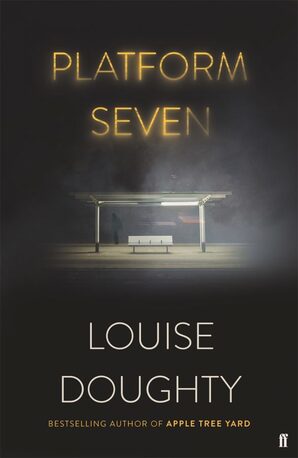
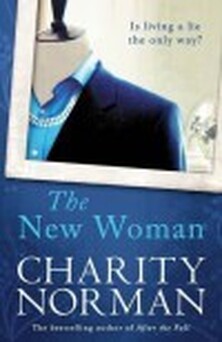
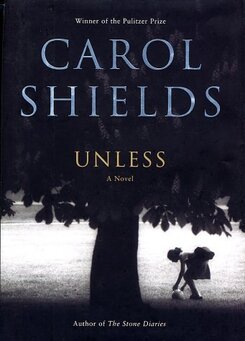
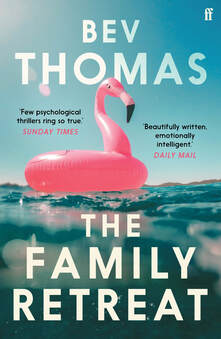
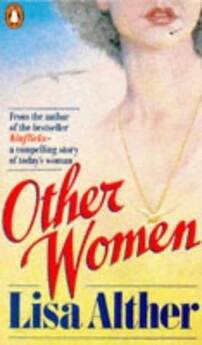
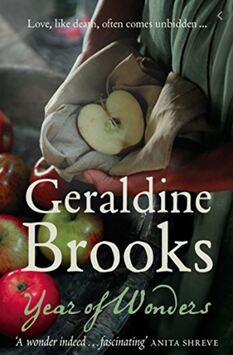
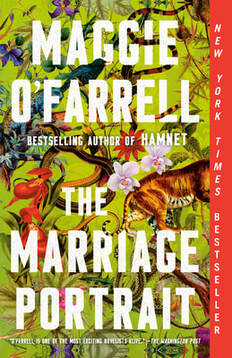
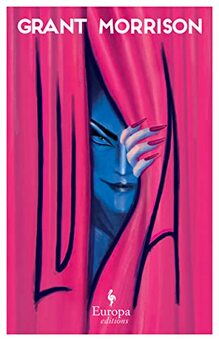
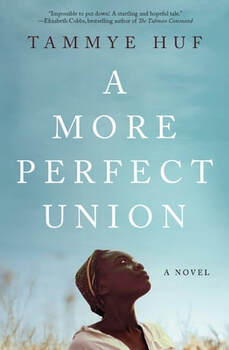
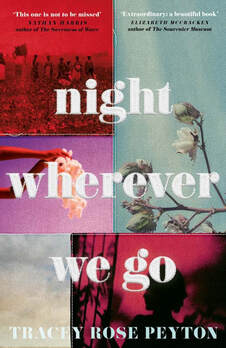
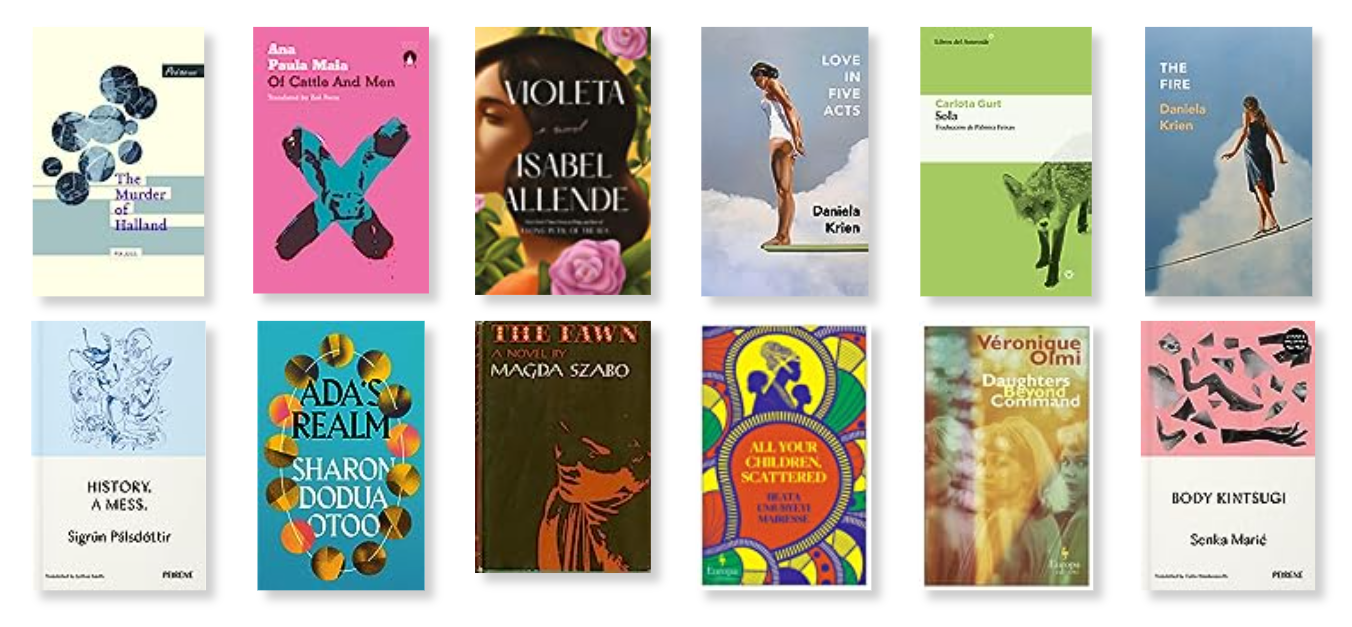
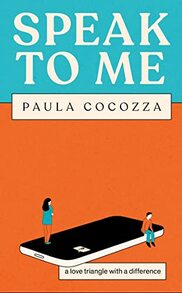
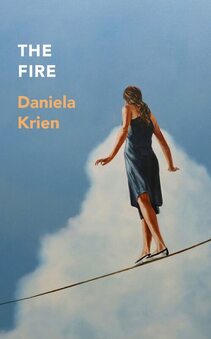
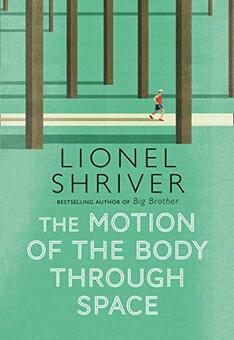
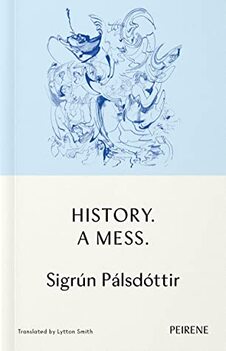
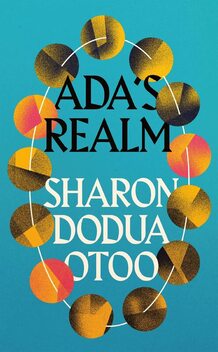
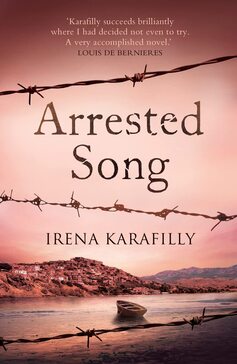
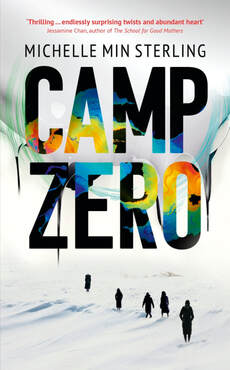
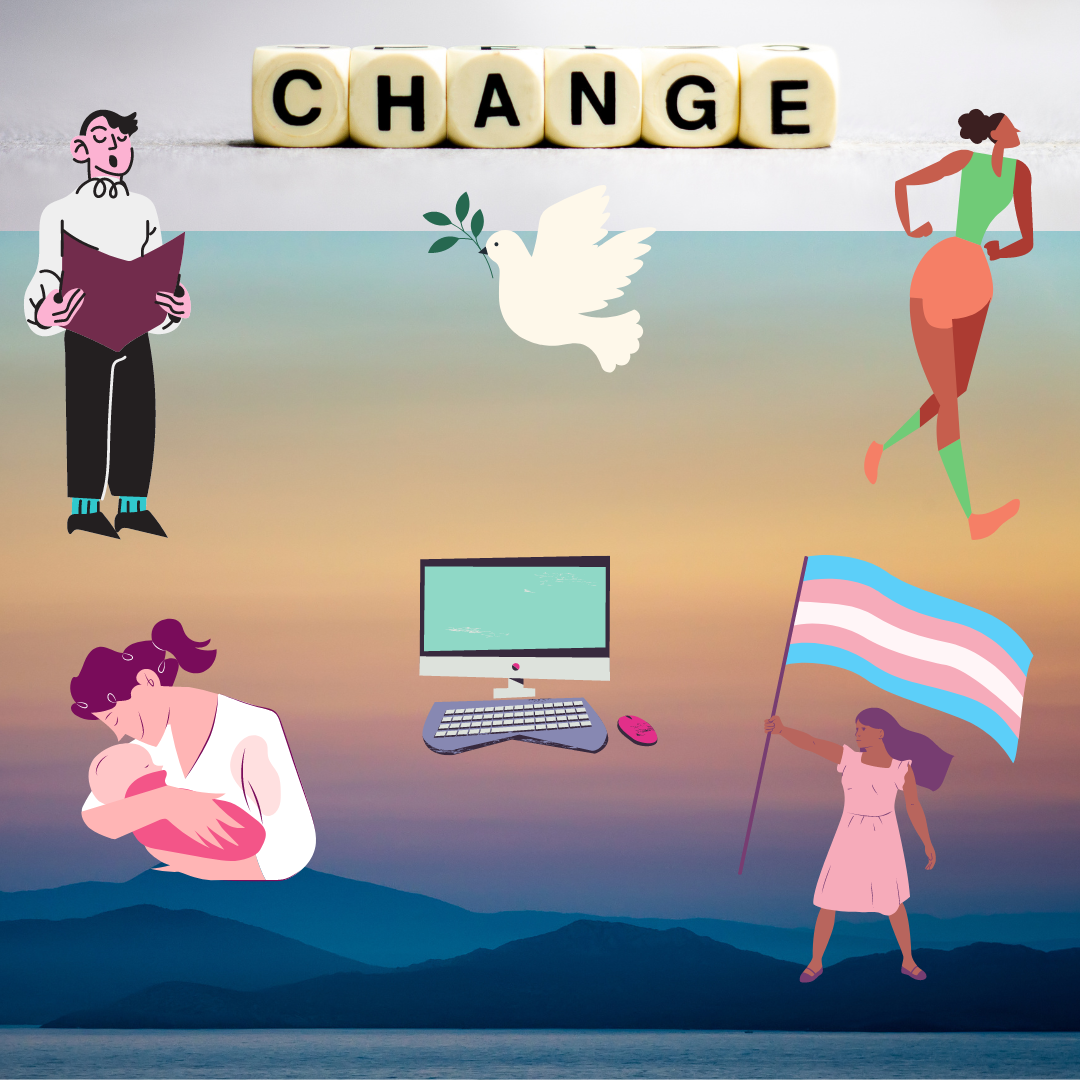
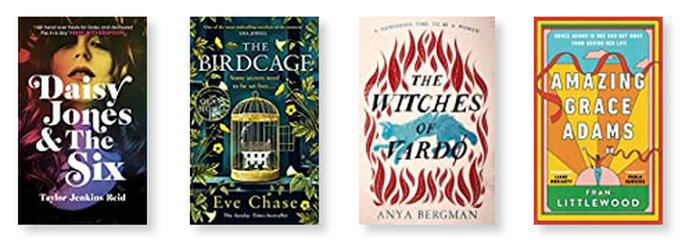
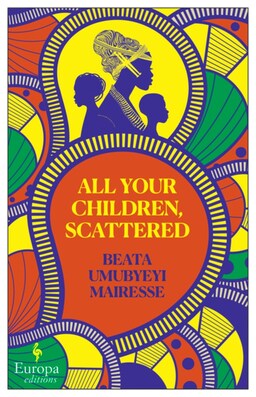
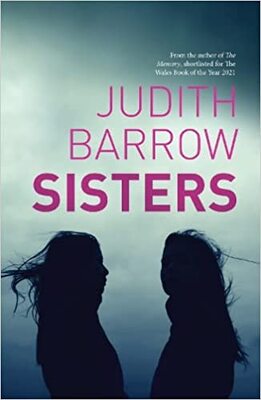
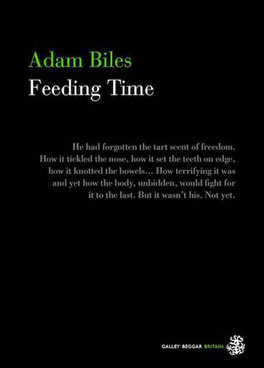
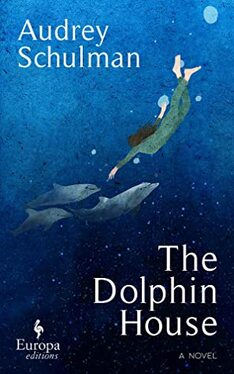
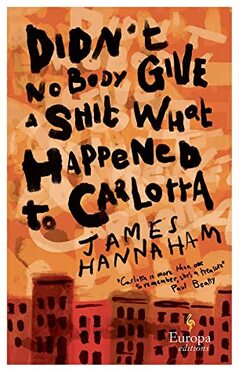
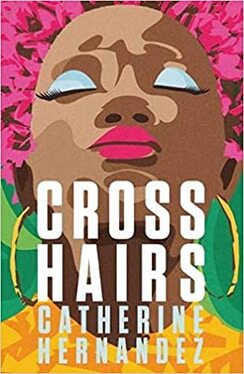
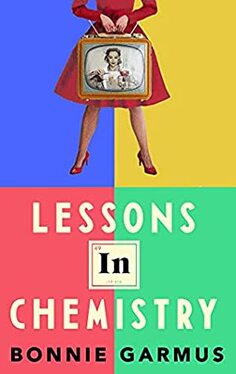
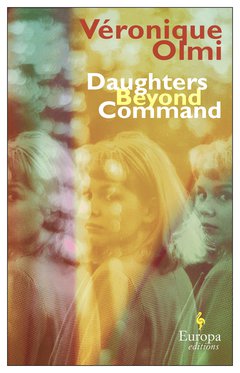
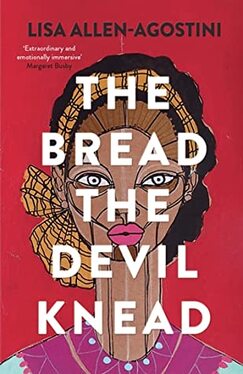
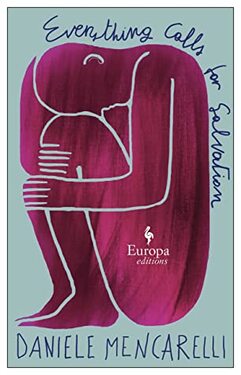
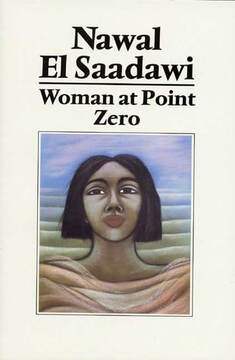
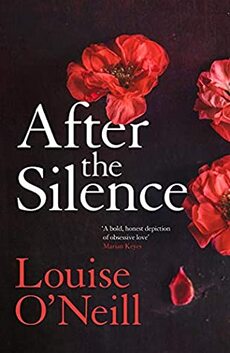
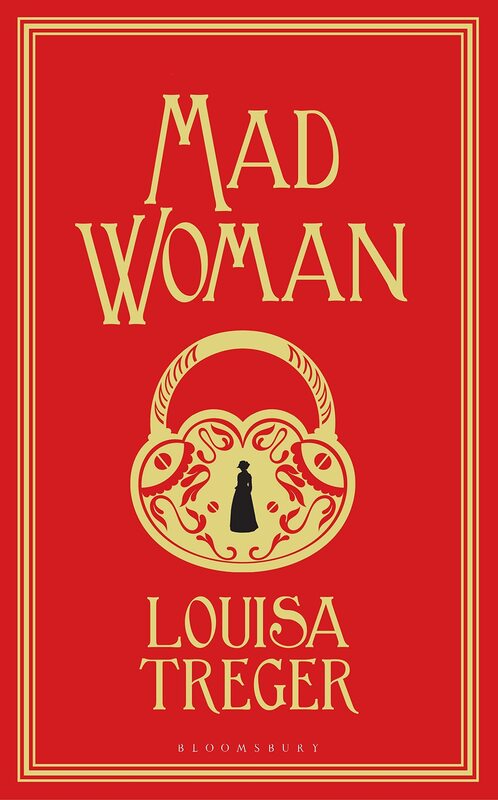
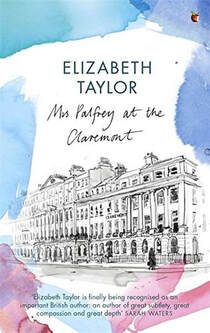
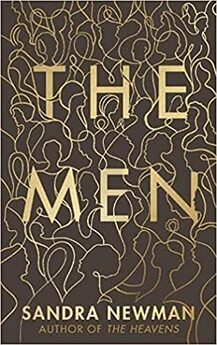
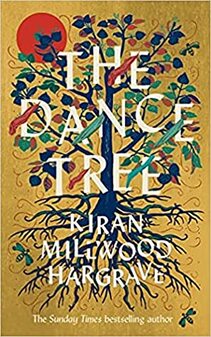
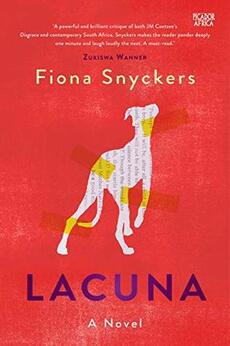
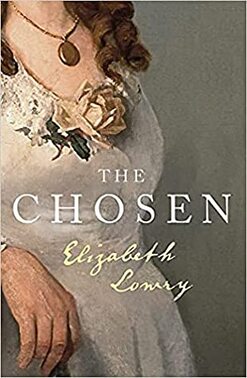
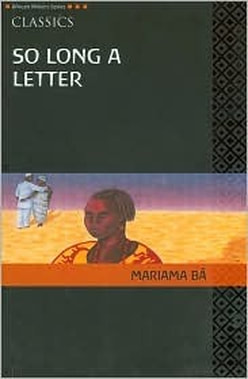
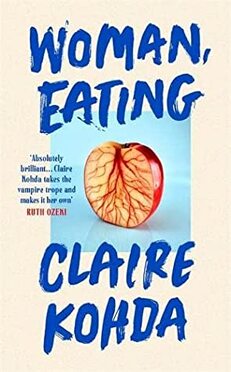
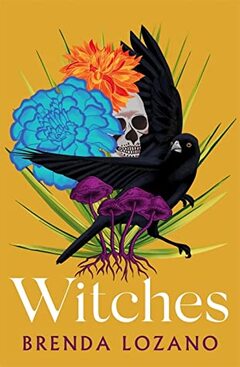
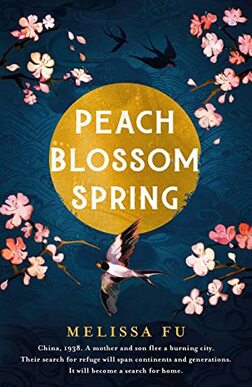
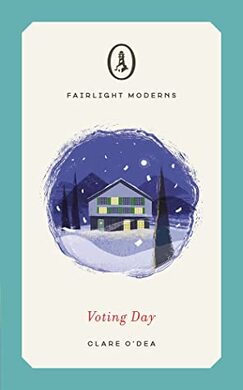





















 RSS Feed
RSS Feed





















